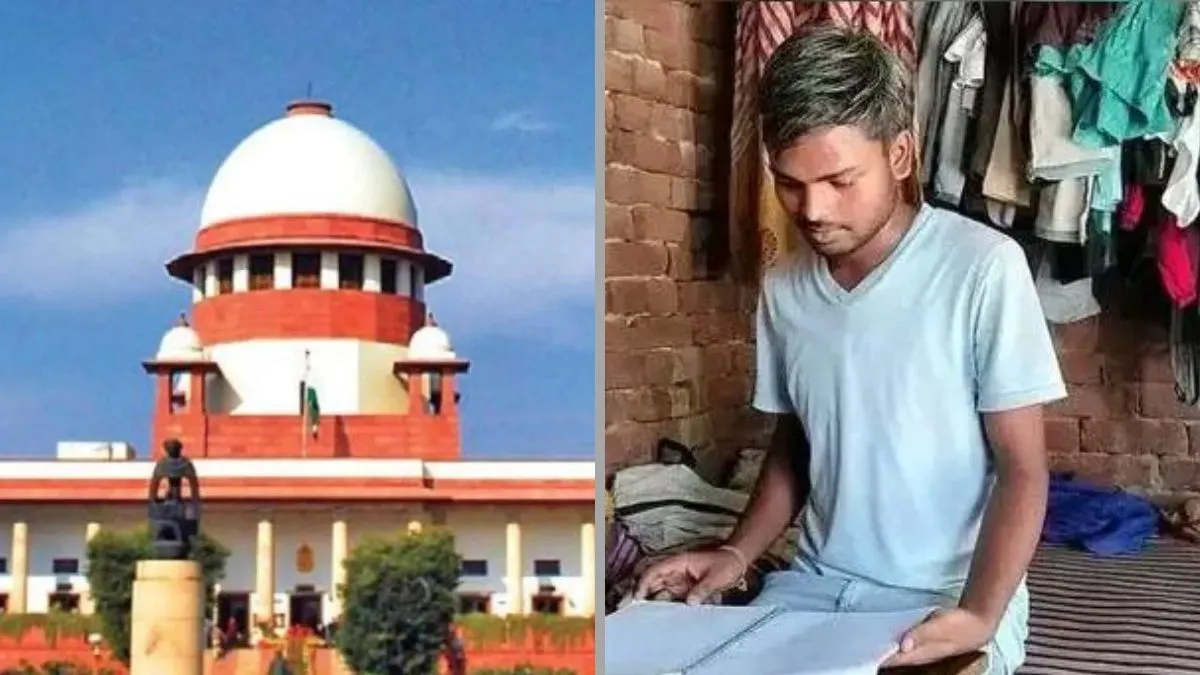- By Kamal Kumar
- Mon, 30 Sep 2024 05:20 PM (IST)
- Source:JND
Supreme Court of India exercised its extraordinary powers to fulfil the IIT dream of a Dalit student, who cracked one of the toughest entrance exams in the country but couldn't submit the admission fee on time due to financial constraints. The apex court used its powers provided by the constitution of India under article 143 to help admit Atul Kumar, son of a daily wage labourer, to IIT Dhanbad, saying, "It can not let such a young talented boy to go away".
Atul, who cleared the entrance exam needed to submit Rs 17,500 as an admission fee for the IIT counselling. However, coming from a poor family, he could not submit the fee within the stipulated time frame of four days and was denied admission to the Indian Institute of Technology, Dhanbad, earlier known as ISM Dhanbad. The setback couldn't deter Atul as he took the fight to the courts.
For three months, the father-son duo took the rounds of SC-ST commission, then Jharkhand High Court and the Madras High Court, and nothing worked out they approached the protector of the constitution - the Supreme Court of India.
'Can't Allow Young Talent To Go Away'
"We cannot allow such a young talented boy to go away. He cannot be left in lurch. He went to the Jharkhand Legal Services Authority. Then to Chennai Legal Services Authority, and then he is sent to the High Court. He is a Dalit boy being made to run from pillar to post," said Chief Justice DY Chandrachud, ordering the IIT Dhanbad to admit the student.
The apex court further noted the efforts made by Atul to secure admission to the college.
"We are of the view that a talented student like the petitioner who belongs to a marginalised group who did all to secure admission should not be left out... we direct that candidate is granted admission to IIT Dhanbad and let him be in the same batch to which he would have been granted admission if the fees would have been paid," the bench said in its order.
The top court its extraordinary powers under Article 142 to help Atul, a resident of Uttar Pradesh's Muzaffarnagar, to get admission into an electrical engineering course. Article 142 gives the Supreme Court extraordinary powers in the interest of justice.


